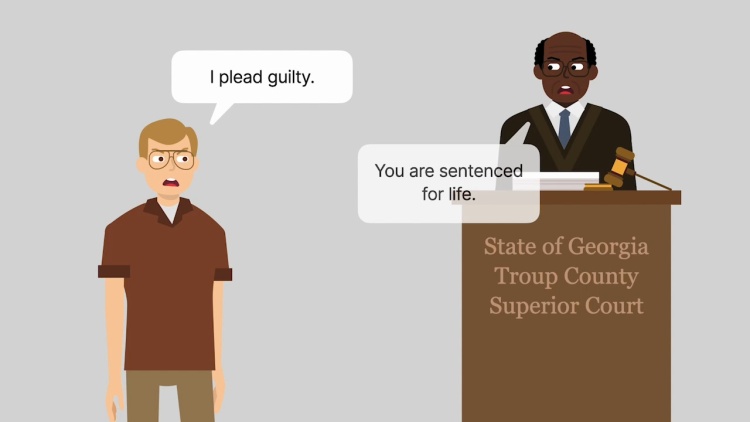Heath v. Alabama
United States Supreme Court
474 U.S. 82, 106 S.Ct. 433, 88 L.Ed.2d 387 (1985)
- Written by Shelby Crawford, JD
Facts
Heath (plaintiff) hired two men to kill his wife. The men kidnapped Heath’s wife, Rebecca, from their Alabama home. Her body was found in Georgia. The time of death indicated that she was murdered in Georgia. A Georgia trial court charged Heath with “malice” murder. He pled guilty in exchange for a life sentence. Alabama then indicted Heath on capital murder charges. Heath pled autrefois convict arguing that his Georgia conviction for the same conduct barred the Alabama prosecution and that the court had no jurisdiction because the crime did not happen in Alabama. The Alabama court dismissed both of Heath’s claims. The court held that double jeopardy did not prohibit two states from prosecuting a defendant for the same conduct and the fact that the kidnapping commenced in Alabama made jurisdiction proper. Heath was convicted of the murder and kidnapping charges and sentenced to death. His conviction was affirmed on appeal. The Alabama Supreme Court granted certiorari solely on the double jeopardy issue and again affirmed his conviction. The Court applied the dual sovereignty doctrine which states that if a defendant’s conduct violates the laws of two separate sovereigns, then two separate crimes were committed for double jeopardy purposes. Heath petitioned the United States Supreme Court for certiorari. The Court granted certiorari as to the double jeopardy issue.
Rule of Law
Issue
Holding and Reasoning (O’Connor, J.)
Dissent (Marshall, J.)
What to do next…
Here's why 907,000 law students have relied on our case briefs:
- Written by law professors and practitioners, not other law students. 47,100 briefs, keyed to 996 casebooks. Top-notch customer support.
- The right amount of information, includes the facts, issues, rule of law, holding and reasoning, and any concurrences and dissents.
- Access in your classes, works on your mobile and tablet. Massive library of related video lessons and high quality multiple-choice questions.
- Easy to use, uniform format for every case brief. Written in plain English, not in legalese. Our briefs summarize and simplify; they don’t just repeat the court’s language.





